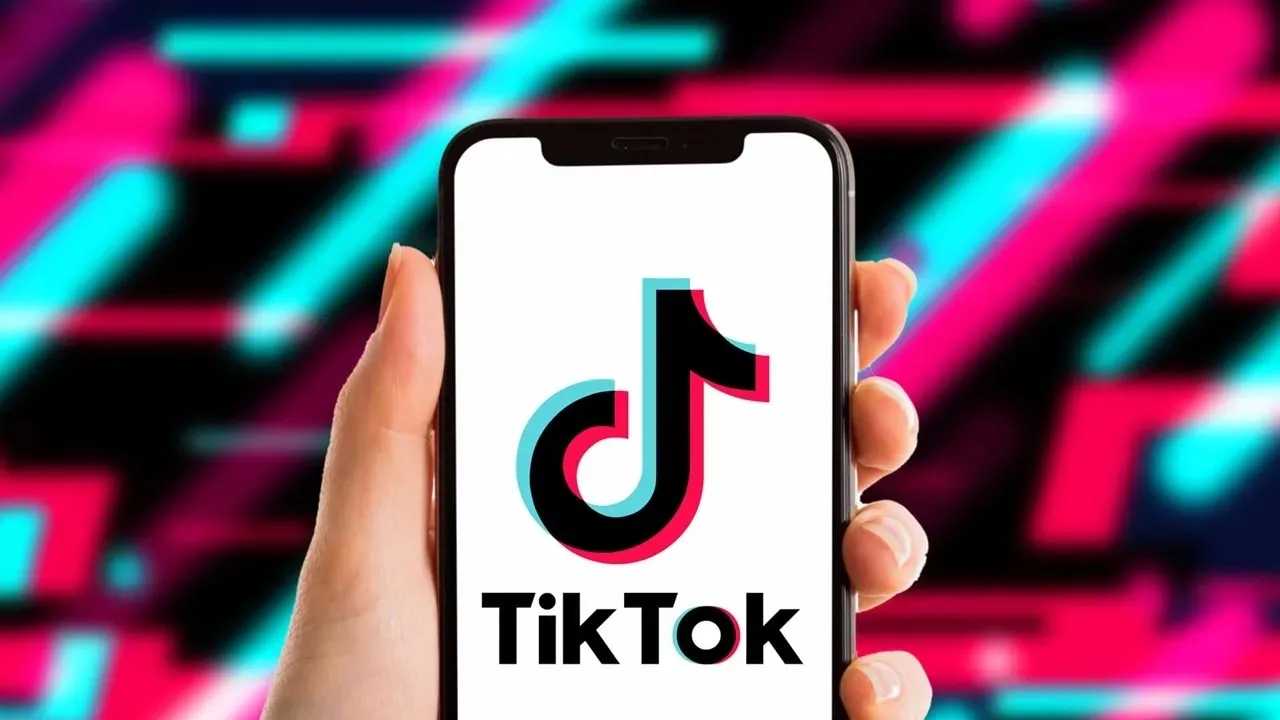Huge scandal! TikTok employees control which videos go viral
The social media application TikTok, which has become extremely popular today, has managed to become the number one address of content producers. So much so that TikTok employees can stream the video they want to go viral. Here are the details…
TikTok employees choose the video that will go viral! Such social media apps have an algorithm to select videos that people will discover. If the content receives interaction from the moment it is released, this algorithm detects the situation and takes it to the discover content section. However, according to Forbes' claim, TikTok employees make videos of their friends or business partners go viral by "firing".
While acknowledging the situation, TikTok spokesperson Jamie Favezza said that the "firing" was done not only for the number of views, but also to increase the diversity of the app's content. Favezza stated that the app doesn't do the "firing" that much, and only 0.02 percent of the videos in the discovery are fired. However, in Forbes' document, two percent of daily video views are made up of these videos.
Another interesting point is the videos dropped by the discoverers; They do not carry a tag stating that they are supported by TikTok, such as sponsored content or advertisements. That is, the "fired" videos look like they were the one the algorithm chose for you. After this, many content producers may lose interest in the application, thinking that they have been treated unfairly on the platform.
In addition, according to Forbes, employees; There have been incidents where friends, business partners and even themselves have promoted their videos before. So, according to many users, content producers may lose their place to someone close to TikTok employees.
The other thing is, TikTok isn't the only social media company to increase videos unnaturally. In the past, Facebook inflated view counts and didn't immediately fix it to attract advertisers to the platform. Afterwards, Facebook paid $40 million to end the lawsuit filed over this issue.
